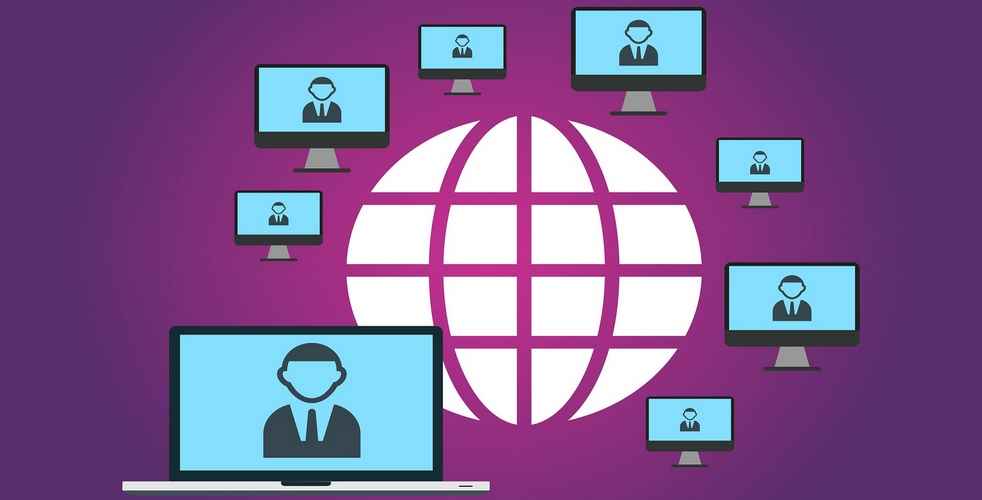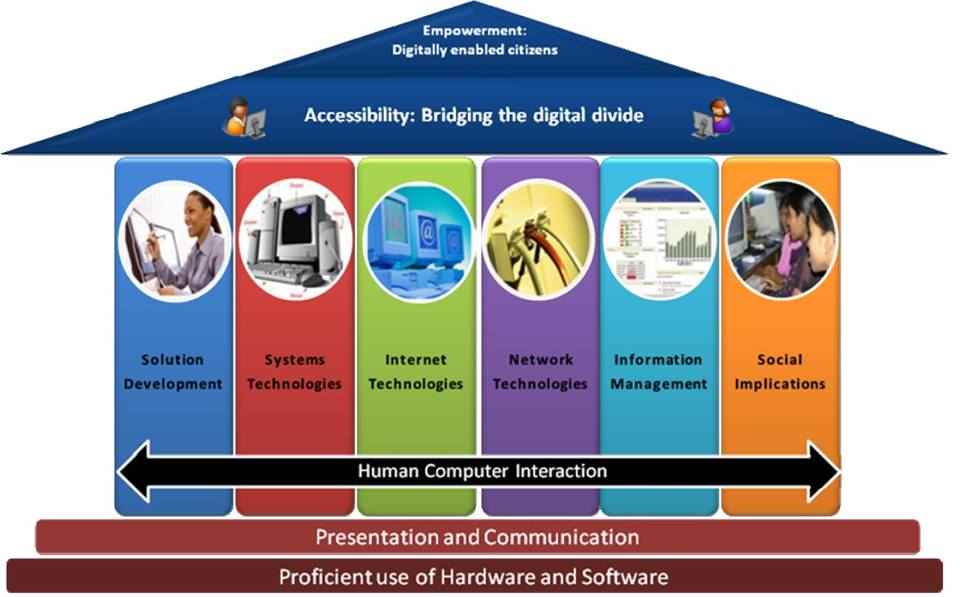
3
OctoberWhat is the purpose of a computing fundamentals education?
This Fundamentals of Computing education is the foundation of numerous careers and the source of skills that are critically needed in today's digital world. This education is designed to help students improve their computing abilities, learn about the components of computers, and use information and communication technologies (ICTs) to address common problems. ICT systems are made up of a variety of components such as computer networks, computer hardware, and computer software. These components work together to collect and process data, manage information, communicate, and exchange knowledge.
In these courses, learners will study about the hardware and software components of computing, as well as all of the underlying mechanisms that make computers so valuable in our modern lives.
Pillars of the Computing Fundamentals Education
Our Computing Fundamentals Education is built on six pillars. The following pillars underpin everything you'll learn in these computing classes: solution development, system technologies, internet technologies, network technologies, information management, and social implications. This structure can be represented diagrammatically as shown below:

Solution Development:This entails learning how to use common workplace computer programs to solve a variety of problems posed by real-life scenarios. Students are taught how to use Microsoft Word, Microsoft Excel, Microsoft PowerPoint, email programs, and internet applications for web surfing.
Systems Technologies– Students learn how information and communication technologies (ICTs) work together to form a computing system. ICTs encompass the complete system that makes up a computer, including the network, hardware, software, data processing and management, among other things. In this topic, students learn how to conduct research on the internet and the role the internet plays in the global transmission of data. Being able to effectively use the internet can be a huge advantage in a professional or academic setting.
Network Technologies — This module teaches students about the technologies and procedures used in data transmission through various computer networks. Data transfer through computers and over the internet is a complicated and perplexing process, so this topic attempts to simplify it.
Information Management – refers to the strategies and technology used to collect, store, and process data into information that leads to knowledge and decision-making. With so much material available on the internet, it's critical to be able to navigate through it all to locate reliable information. Information Management teaches students how to evaluate what information is useful, how to interpret that information, and how to derive appropriate conclusions. Finally, the learner is taught how to effectively present and efficiently explain their findings.
Social Implications- This is a topic that helps students comprehend the effect of computer technologies on society. The topic is intended to explain the legal, ethical, social, and security challenges that that arise from the use of computers and the internet. It is critical to recognize the importance of computer technology in our life and to learn how to use it wisely.
Learning Outcomes
In this course, you will learn:
- how to competently utilize software applications to solve problems in specific scenarios;
- the fundamental concepts underlying the technologies that comprise a computing system;
- how to use the World Wide Web and the Internet proficiently, as well as recognizing the role that the Internet plays in the global information network;
- how to search for and find accurate information, processing it to derive conclusions, making decisions, and presenting findings in an effective presentation medium
- about the legal, ethical, environmental, social, security, and health challenges associated with the use of ICTs;
- how ICT systems should be used responsibly.
Who is this Course For?
This Education IS NOT FOR...
- Those who want to specialize in computing because it does not lead to a specific computing study path. This education is not for you if you wish to specialize in Information Technology or computer science because it does not teach the advanced programming and other topics that are more significant in these computing specializations.
This Education is For...
- Anyone interested in learning how to utilize computers to address common problems in everyday life, as well as how to use a variety of common software applications.


Reviews